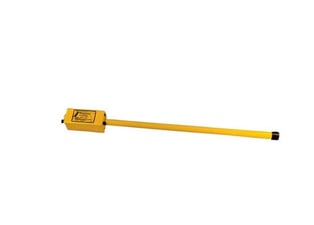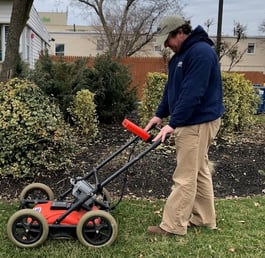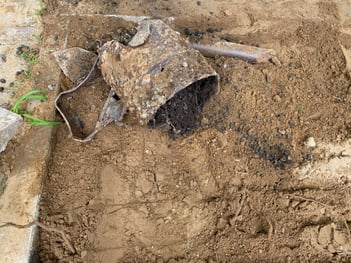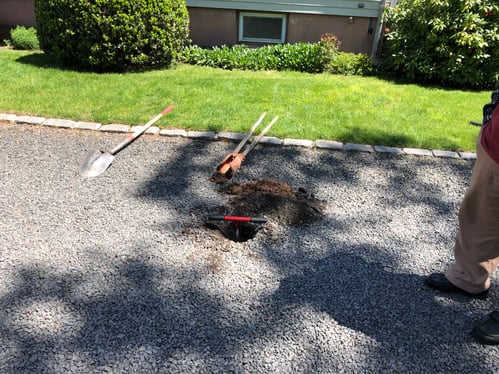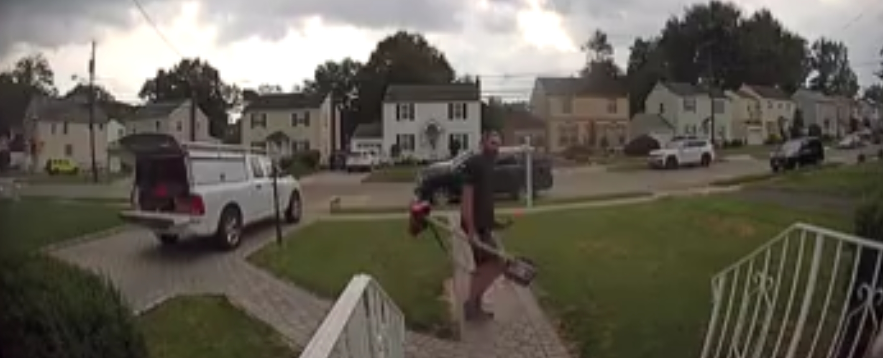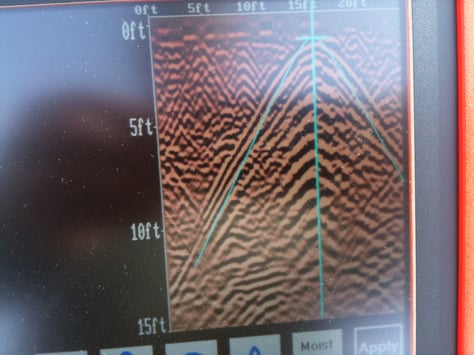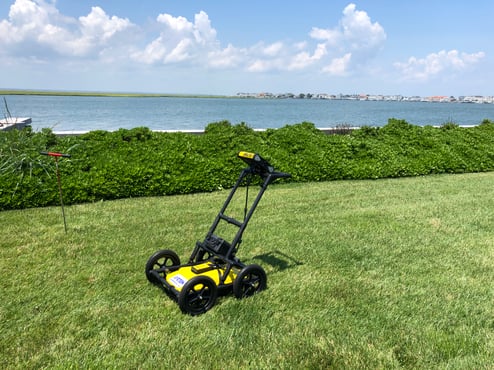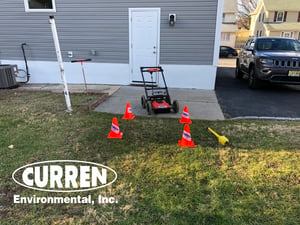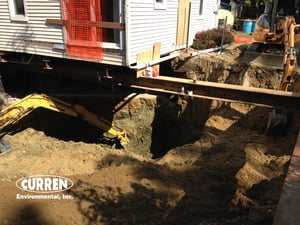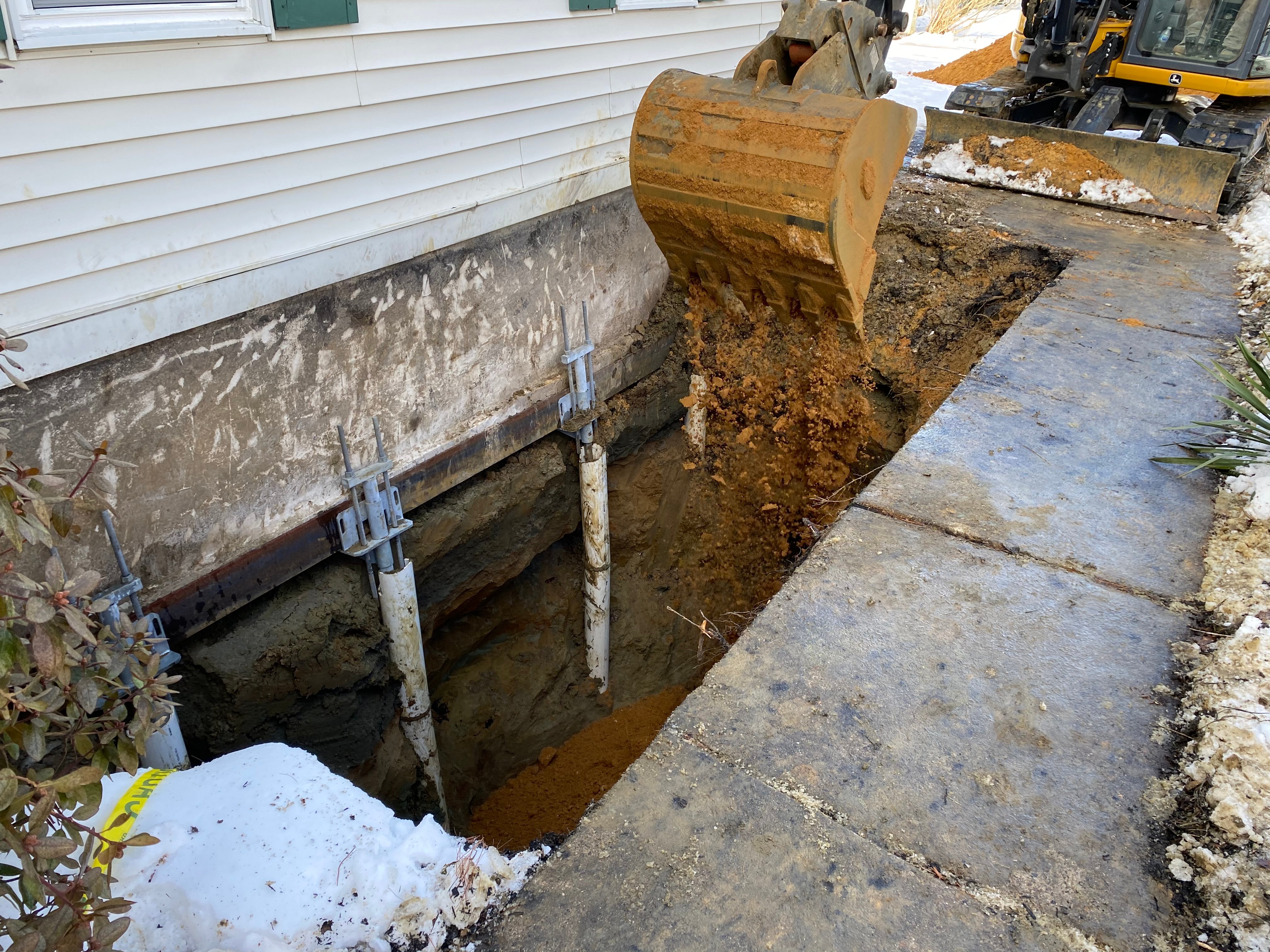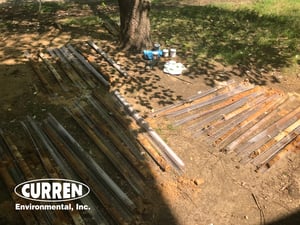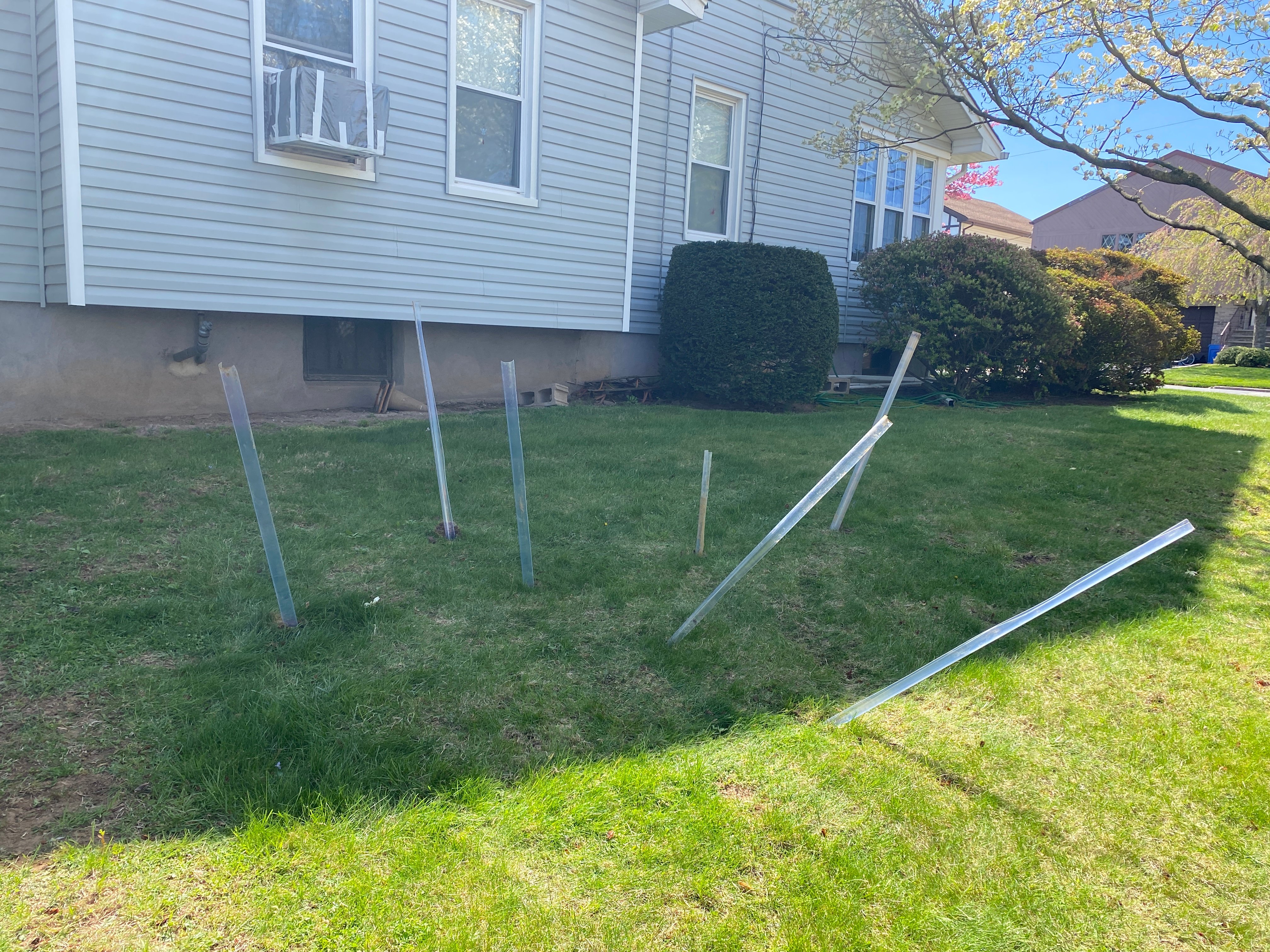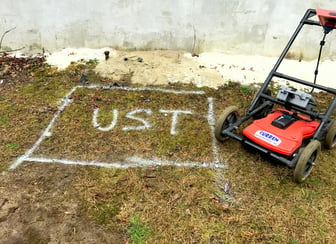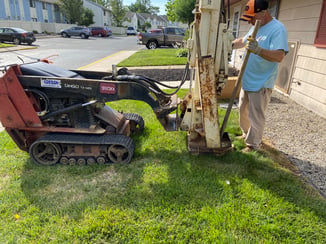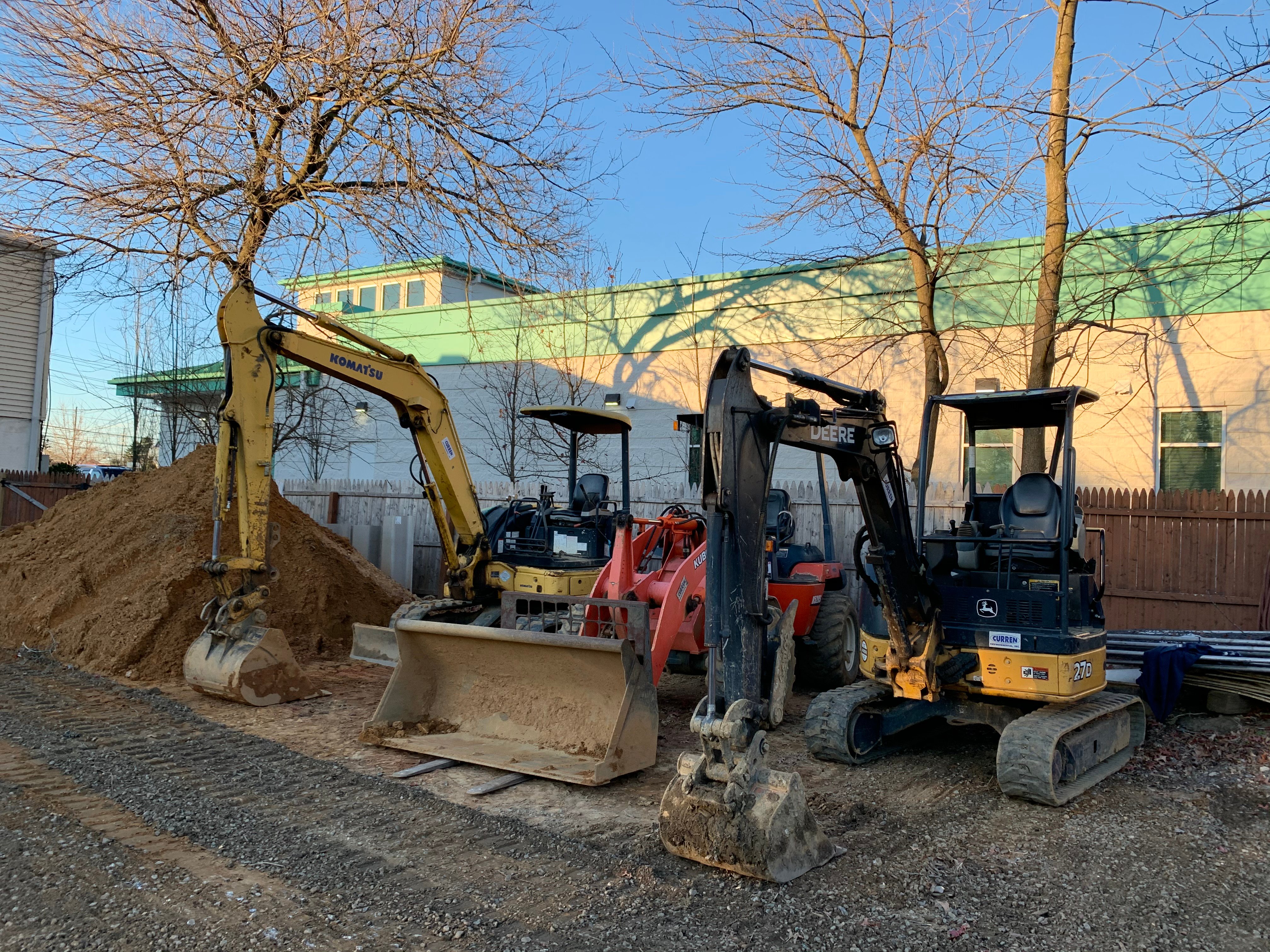Hidden underground storage tanks pose serious environmental and financial risks to property owners. Whether you're buying a new property or suspect your current one may have undisclosed tanks, a professional tank sweep (also called a geophysical survey) is essential for locating these buried hazards before they become costly problems.
The Right Tool for the Job: Why GPR Beats Metal Detectors
When most people think about finding buried metal oil tanks, metal detectors seem like the obvious choice. However, this assumption can lead to missed oil tanks and false readings. Here's why:
The Metal Detector Problem: Underground environments contain countless metal objects—nails, pipes, rebar, natural iron deposits, and decades of buried debris. A metal detector will signal on all of these, creating a confusing maze of false positives that obscures actual tank locations as well as leads to exploratory digs.
The GPR Advantage: Ground Penetrating Radar (GPR) works differently. Instead of detecting metal, GPR sends electromagnetic pulses into the ground. When these signals encounter any solid mass—whether it's a tank, void space, or density change—they bounce back to the surface unit. This creates a detailed subsurface image that trained technicians can interpret to identify tank-like anomalies while filtering out irrelevant metal debris.
Experience Makes the Difference
Having sophisticated equipment is only half the equation. The success of any oil tank sweep depends heavily on the technician's experience and knowledge.
Why Oil Tank Removal Experience Matters: At Curren, our technicians don't just operate scanning equipment—they've actually removed oil tanks from the ground. This hands-on experience with various installation methods, depths, orientations, and tank types provides crucial context that pure equipment operators lack.
No Standard Installation: Petroleum tanks were installed in countless ways over the decades. Some are horizontal, others vertical. Installation depths vary wildly. Some tanks were professionally installed while others were DIY projects with unique configurations. Only technicians who have encountered these variations in real removal projects can accurately interpret scanning data.
When Equipment Isn't Enough: A Real-World Case Study
Recently, Curren performed an oil tank sweep using over $50,000 worth of advanced scanning equipment. The sophisticated GPR and other instruments detected no subsurface anomalies that would indicate a buried tank.
However, our experienced technician observed multiple on-site clues pointing to historical oil heat usage. Combined with pre-survey historical research suggesting oil heating, the technician suspected a tank remained on the property despite the equipment readings.
The key insight? The technician determined the most likely tank location was beneath a building addition—an area physically inaccessible to our scanning equipment.
The Outcome: Months later, the property owner contacted us after removing interior flooring and discovering the leaked tank exactly where our technician suspected—buried beneath the addition, where no scanning equipment could reach.
The Bottom Line
This case perfectly illustrates why professional oil tank sweeps require both cutting-edge equipment and experienced interpretation. While GPR technology provides the best available subsurface imaging, it takes a seasoned professional to:
- Recognize site clues that equipment might miss
- Understand historical installation patterns
- Identify areas where physical access limitations affect survey results
- Correlate multiple data sources (equipment readings, visual clues, historical research)
When it comes to protecting your property investment from underground storage tank risks, don't settle for equipment alone—choose professionals with the experience to interpret what they find and, just as importantly, what they can't access.
- Curren was unable to scan under the addition. Based on the location of noted historical oil usage, it is suspected that a heating oil UST is present under the addition.


I am confident most companies would have missed the oil tank. I say this because in the same week we dug up a pile of stone that a company said was an oil tank, the stone did have a Metallic signature, it just was not a tank.
Environmental Questions?
Call the Experts
888-301-1050


 Most budget oil tank sweep companies use simple metal detectors—the same technology hobbyists use to find coins at the beach. While these devices can detect metal objects underground, they provide extremely limited information:
Most budget oil tank sweep companies use simple metal detectors—the same technology hobbyists use to find coins at the beach. While these devices can detect metal objects underground, they provide extremely limited information: The GPR Advantage: Seeing What's Actually Underground
The GPR Advantage: Seeing What's Actually Underground GPR oil tank sweeps typically cost a few hundred dollars more than basic metal detector surveys. However, this small upfront investment provides significant advantages:
GPR oil tank sweeps typically cost a few hundred dollars more than basic metal detector surveys. However, this small upfront investment provides significant advantages:





 doesn't state that the home is on oil heat but does state "No vent pipes, fill pipes or fuel distribution lines were found during the inspection."
doesn't state that the home is on oil heat but does state "No vent pipes, fill pipes or fuel distribution lines were found during the inspection." 




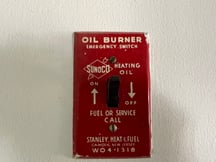
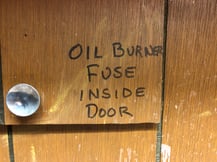
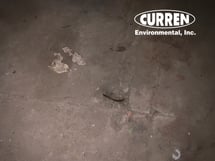
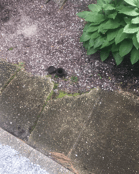
![lClUW0yuSZuqaJQmdD7CjA[1]](https://www.currenenvironmental.com/hs-fs/hubfs/lClUW0yuSZuqaJQmdD7CjA%5B1%5D.jpg?width=227&height=171&name=lClUW0yuSZuqaJQmdD7CjA%5B1%5D.jpg)
